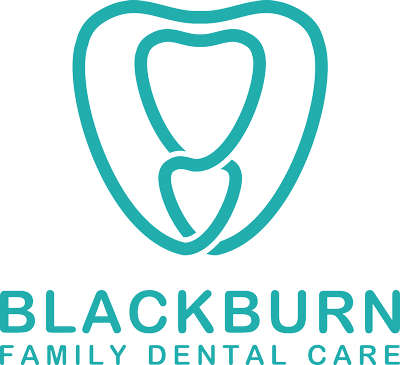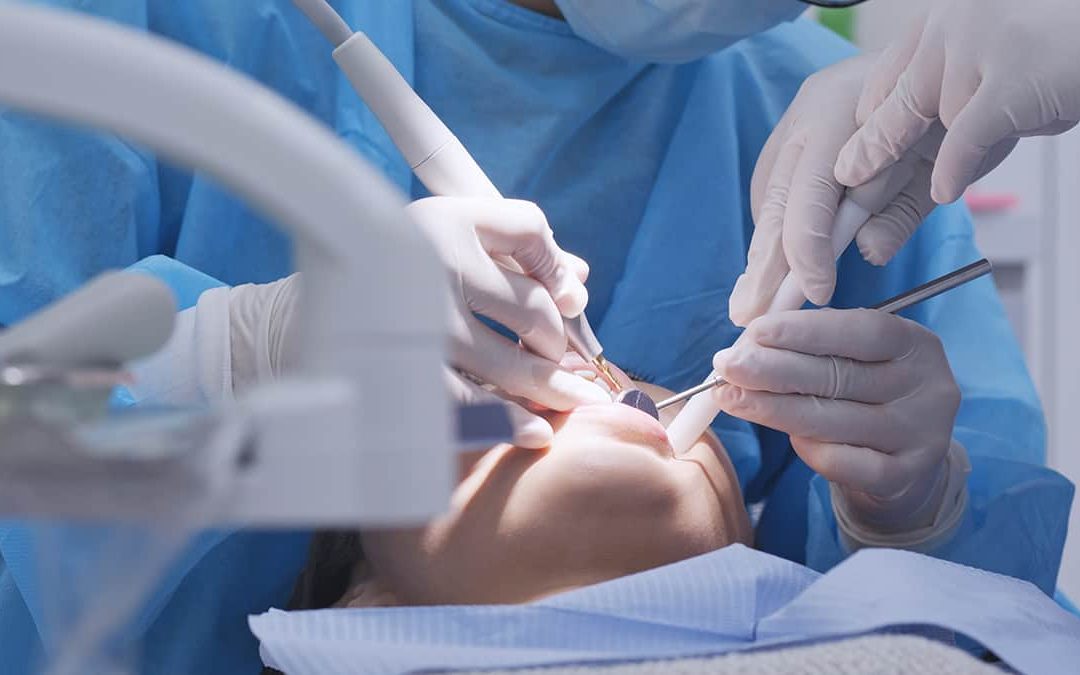Wisdom teeth removal is one of the most common dental procedures carried out among adults in Australia. Unlike our other permanent teeth, wisdom teeth appear a bit later on in our lives, typically between the ages of 17 and 25. And unlike our other teeth, they may require removal since they are often very hard to clean and may damage adjacent teeth.
In this article, we will go through what you should expect when it comes to wisdom teeth removal – from the early signs of wisdom teeth problems to the procedure itself and what it entails.
Early signs of wisdom teeth issues
If there is sufficient space in your mouth for your wisdom teeth to grow correctly, then there is no need to have them removed. However, sometimes there is not enough room for your wisdom tooth to erupt correctly, causing them to become impacted or stuck, or even grow at an odd angle.
In this situation, it is important to get your wisdom teeth removed as these complications would affect their ability to function like ordinary teeth. Moreover, impacted wisdom teeth can lead to further oral health issues such as gum infection and decay due to trapped food and bacteria.
There are a variety of signs that it may be time to remove wisdom teeth, including:
- Pain or swelling of the gums around the wisdom teeth
- Difficulty opening your mouth wide enough to eat comfortably
- Chronic pain in the jaw, ear, and neck
Typically, a dentist at your family dental clinic can help let you know when your wisdom teeth will arrive, and when you may need to have them removed.
Before the surgery
It is normal for the dentist to conduct X-rays or refer you to do a specialised X-ray of your mouth in order to properly observe the positioning of your wisdom teeth. If it is decided that wisdom teeth removal is necessary, the dentist will ask you what medications you are currently taking to see if any of them might cause complications during surgery. Your dentist will also have a discussion with you about anaesthesia and you will find out which type you will be receiving – usually a local anaesthetic but sometimes a general anaesthetic maybe recommended for more difficult cases.
During the procedure
After administering local anaesthesia, your dentist will ensure proper anaesthesia by testing the site first. The procedure is done only once you are fully anesthetised. You may feel some pressure in terms of pushing or pulling sensation. If there is any sharp pain, the dentist should ensure that the procedure is stopped and more anaesthetic is given. Most procedures under local anaesthetic last just a few minutes, although more complicated ones can take longer than 20 minutes.
After the procedure
For the first hour or so after the procedure, you can expect some bleeding – so bite down on the gauze provided by the dentist and allow a blood clot to gradually form in the empty socket. Over-the-counter painkillers will also be helpful for dealing with the pain. If you had stiches during your wisdom teeth removal, your dentist will advise you on how long it takes for the stitches to dissolve – usually about a week or so.
After the procedure, make sure you get plenty of rest. It is also advisable to avoid the following after wisdom teeth removal:
- Consuming very hot or cold foods and liquids because of burning your tongue or cheek as you cannot feel it
- Eating hard foods that require a lot of chewing in the first 3-4 hours of the procedure, because of the risk of chewing your cheek
- Drinking alcohol and smoking, as these may increase the risk of dry socket
- Strenuous exercise or physical activities, as this may increase the risk of further bleeding.
A bit of mild pain is expected up to 14 days after the procedure after the anaesthetic wears off. Your dentist may choose to prescribe you some analgesics to help with this.
An online chat is available on our website to communicate to the clinic staff which will be passed on to the dentist in cases where you have any concerns after the procedures.
Choose an experienced dentist
If you need to have your wisdom teeth removed, be sure to work with an experienced and understanding dentist. They can answer all of your questions and address any concerns you have before the procedure takes place. If you are looking for an experienced dentist close to home, call your local Blackburn North dental clinic today!
At Blackburn Family Dental, we have the skills and experience necessary to tackle all of your dental concerns. From wisdom teeth removal to cosmetic bonding, our professional team will be more than happy to answer any enquiries you have. Get in touch with us today!

